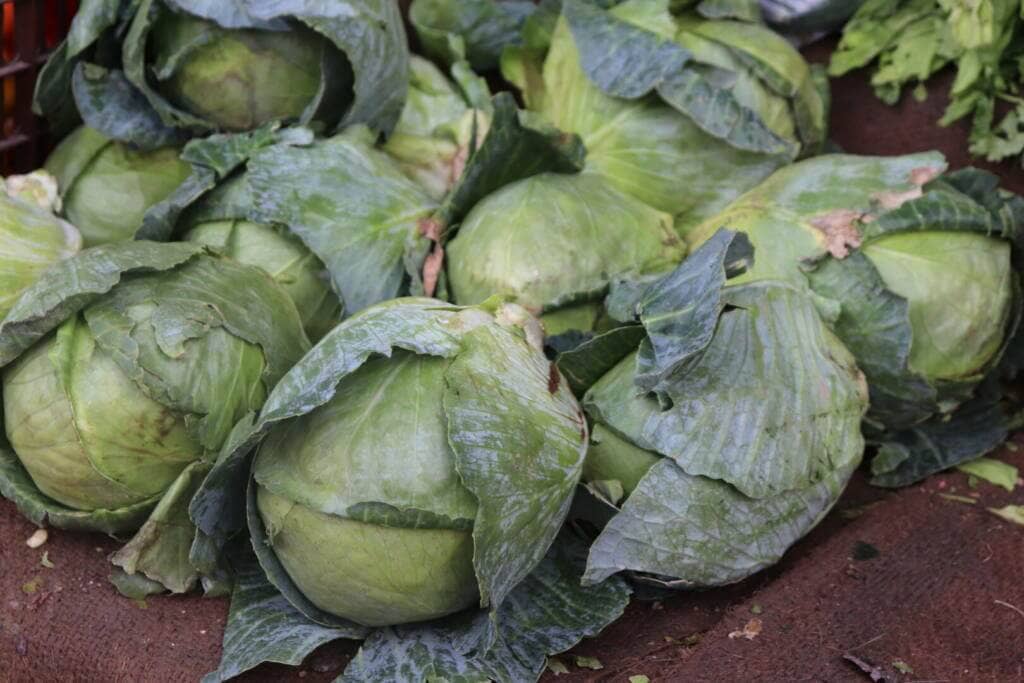Highlights
Green tea, a healthy beverage, contains many key active ingredients such as Epigallocatechin gallate (EGCG) with antioxidant, anti-inflammatory and anti-cancer properties. Retrospective meta-analysis of clinical studies has shown that green tea use is associated with reduction in risk of breast cancer recurrence and also has the potential to reduce the risk of breast cancer incidence.
Health Benefits of Green Tea
Accidentally discovered in China in 2700 BC when an emperor unknowingly drank water with dead tea leaves boiled in it, today, green tea is increasingly becoming one of the most popular drinks around the globe due to its numerous health benefits and antioxidant properties. Green tea is essentially made from tea leaves which have not yet gone through any kind of oxidation or wilting which means that the leaves are still full of many useful bioactive compounds. Epigallocatechin gallate (EGCG) is a key active ingredient in Green tea with many health benefits. A regular consumption of green tea is believed to help with numerous problems such as decreasing the risks of cardiovascular diseases, obesity, and improving brain functions. In addition, green tea containing Epigallocatechin gallate (EGCG) may also help with a decreased risk of breast cancer.

Foods to Eat After Cancer Diagnosis!
No two cancers are the same. Go beyond the common nutrition guidelines for everyone and make personalized decisions about food and supplements with confidence.
Green Tea and the Risk of Breast Cancer Incidence or Recurrence
As is the case with a lot of natural products used today, there still needs to be a large amount of comprehensive clinical trials done to get a conclusive response, but meta analysis on the cohort of studies already done, it is clear that green tea is able to live up to its reputation in terms of having a positive effect on breast cancer patients. A study done by medical researchers from the University of Perugia in Italy evaluated the effect that a regular consumption of green tea would have on women with breast cancer, the most common type of cancer for women. After analyzing 13 studies including 8 cohort studies and 5 case-controlled studies, with a sample of 163,810 people, the researchers found that “an inverse statistically significant relationship between green tea consumption and breast cancer risk, with an Odds Ratio (OR) = 0.85 ((95% CI = 0.80⁻0.92), p = 0.000))” which especially showed promise for recurring patients with breast cancer (Gianfredi V et al, Nutrients. 2018 ). The data as per this meta-analysis has thus shown that green tea is able to reduce the risk of breast cancer recurrence, but is inconclusive on reducing cancer incidence.
A key point to note here is that cancer recurrence is the chance of the cancer coming back again after being cancer-free for some time, while cancer incidence is the likelihood of getting diagnosed with cancer the first time. In a similar study done by researchers from the Mashhad University of Medical Sciences in Iran which analyzed 14 studies (9 case-controlled studies, 4 cohort studies and 1 clinical trial), the researchers found that it “cannot be concluded that green tea consumption may decrease the risk of breast cancer” (Najaf Najafi M et al, Phytother Res. 2018). In this analysis, they found that in the case-controlled studies, women who received the highest levels of green tea has a 19% reduction in breast cancer risk compared to the women receiving the lowest levels of green tea. However, the clinical trial data showed that green tea consumption could not alter the mammographic density compared with placebo. Hence the overall conclusions of this group on green tea reducing breast cancer risk was inconclusive.
In another study done by researchers from China, one of the East Asian countries where green tea is the most popular beverage, which had a sample of 14,058 breast cancer patients, found that green tea may decrease cancer incidence but “more properly designed trials are warranted to clarify the association between green tea consumption and breast cancer” (Yu S et al, Medicine (Baltimore), 2019).
Conclusion
Despite not having clear evidence yet due to lack of comprehensive prospective clinical trials, it is clear that a normal consumption of green tea can do no harm to the body and can very likely help with a decreased risk of breast cancer. Because even if the tea doesn’t directly interfere with the cancer, it has the potential to improve one’s quality of life through its many health benefits.
What food you eat and which supplements you take is a decision you make. Your decision should include consideration of the cancer gene mutations, which cancer, ongoing treatments and supplements, any allergies, lifestyle information, weight, height and habits.
The nutrition planning for cancer from addon is not based on internet searches. It automates the decision making for you based on molecular science implemented by our scientists and software engineers. Irrespective of whether you care to understand the underlying biochemical molecular pathways or not - for nutrition planning for cancer that understanding is needed.
Get started NOW with your nutrition planning by answering questions on the name of cancer, genetic mutations, ongoing treatments and supplements, any allergies, habits, lifestyle, age group and gender.

Personalized Nutrition for Cancer!
Cancer changes with time. Customize and modify your nutrition based on cancer indication, treatments, lifestyle, food preferences, allergies and other factors.
Cancer patients often have to deal with different chemotherapy side effects which affect their quality of life and look out for alternative therapies for cancer. Taking the right nutrition and supplements based on scientific considerations (avoiding guesswork and random selection) is the best natural remedy for cancer and treatment related side-effects.
